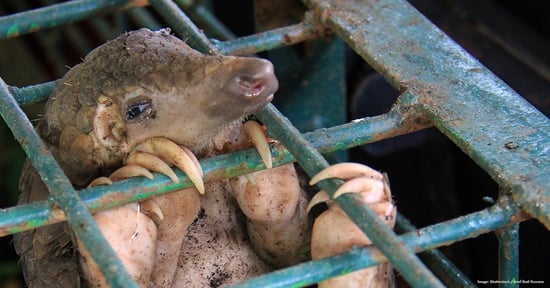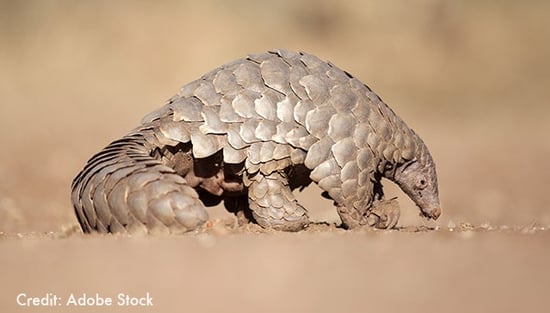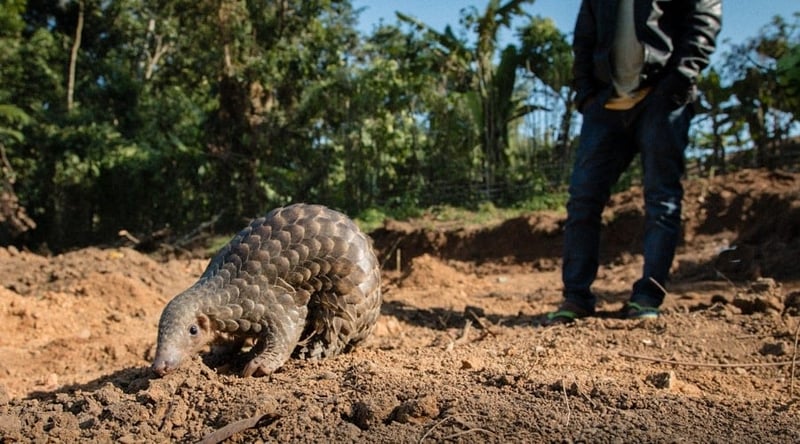
Will the Netflix effect help us protect the pangolin?
News
Kulu, a pangolin rescued from traffickers, is the star of the latest Netflix sensation “Pangolin: Kulu’s Journey”, which is shining a light on the desperate need to protect these elusive animals.
The documentary is directed by Pippa Ehrlich and follows dedicated wildlife rescuer Gareth Thomas as he cares for Kulu, a baby pangolin rescued from the illegal wildlife trade in South Africa.
While the film beautifully connects global audiences to Kulu’s journey, it also opens the door to confront a critical issue: the devastating exploitation and trade behind the pangolin crisis.
Pangolins are the most trafficked mammals on the planet. More than 1 million are estimated to have been killed and traded between 2000 and 2013.
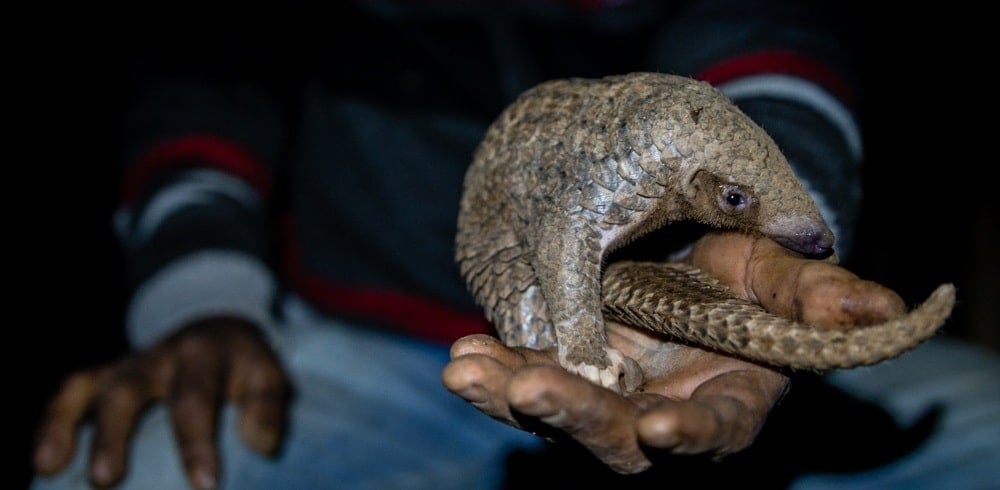
All eight species of pangolins are featured on the IUCN Red List of Threatened Species, ranging from vulnerable to critically endangered, on par with rhinos and tigers.
The thing that makes pangolins so unique is what they’re hunted for – their scales. Once a pangolin is mercilessly killed, their scales and meat are sold on the black market.
Pangolin scales are made of keratin, the same protein that makes up our own hair and nails. They cover almost their whole body, except the underside, and account for roughly 20% of a pangolin’s body weight. We must act before we lose them forever.
Will you help end the global wildlife trade and protect animals like pangolins from exploitation and extinction? From policy change to education to on-the-ground partnerships, our mission is to ensure that wild animals remain wild and are not traded or consumed.
To protect pangolins from the unimaginable suffering they endure we are calling for:
- Investment in and promotion of herbal and synthetic alternatives
- Combined and coordinated efforts by governments, NGOs and the traditional Asian medicine community to eliminate consumer demand for pangolin-based traditional Asian medicines, particularly in China and Vietnam
- Support for alternative livelihoods, alleviation of poverty and education programs within rural communities wherever pangolin habitats are found globally to stop the slaughter.
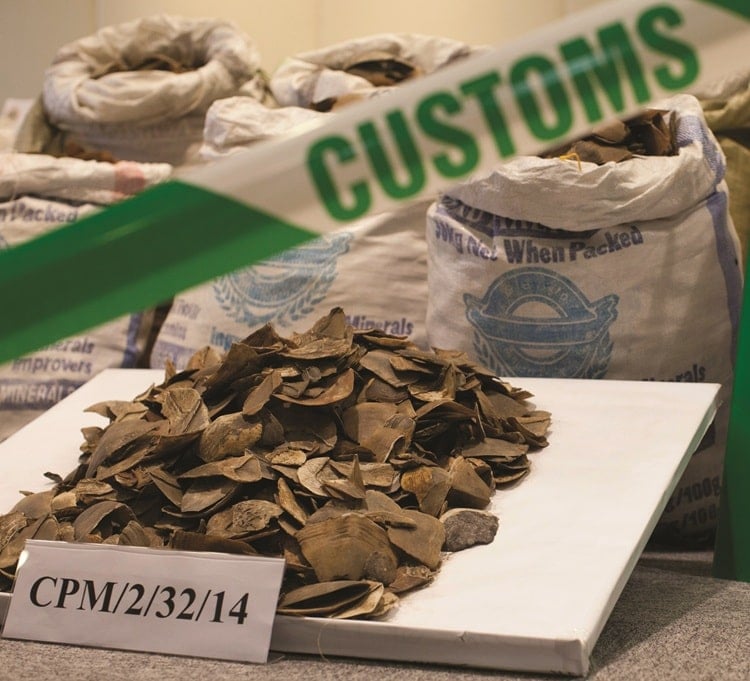
Donate today and together we can spread the word that pangolins belong in the wild, not in markets or medicine cabinets.
Donate to protect pangolins
Ending the wildlife trade won’t only protect animals, it will help protect people and the planet, too.
Pangolin facts
Learn some fun facts about pangolins and get to know more about these solitary, nocturnal animals.
